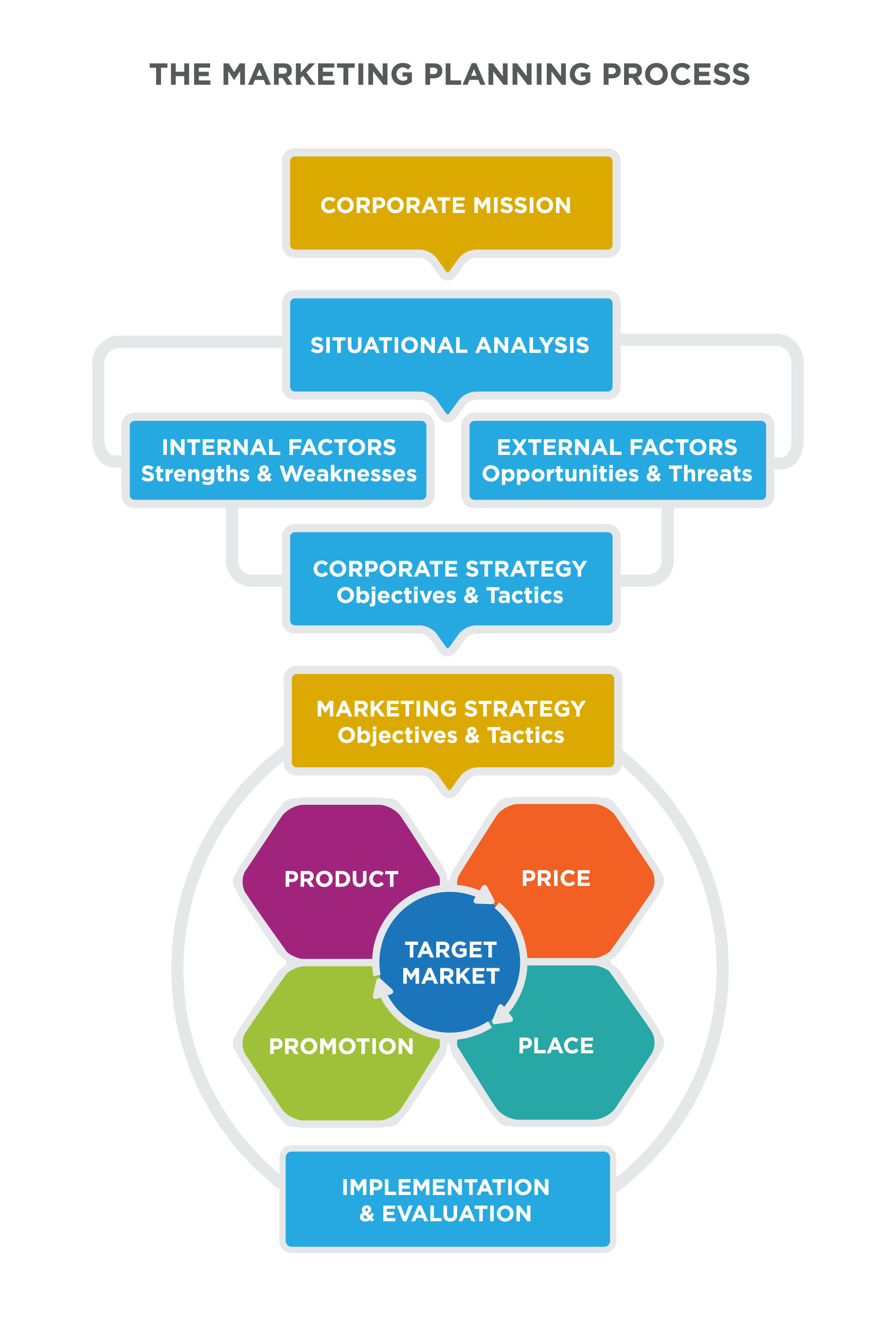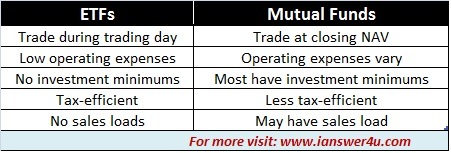In the world of investing, exchange-traded funds (ETFs) have gained immense popularity over the years. These investment vehicles offer a convenient and cost-effective way for investors to gain exposure to various asset classes, including stocks, bonds, and commodities.
While ETFs covering developed markets have long been a staple in many portfolios, there has been a noticeable rise in interest and demand for developing markets ETFs. In this article, we will explore what makes developing markets ETFs so appealing and how investors can make informed decisions when choosing the best options.
Explaining what an ETF is and its benefits
Exchange-traded funds (ETFs) are investment funds that can be bought or sold on a stock exchange, similar to individual stocks. They offer the flexibility of trading throughout the day, making them appealing to both short-term traders and long-term investors.
ETFs track specific indices or sectors, providing diversified exposure to a market or asset class. This diversification helps reduce risk and potentially enhances returns.
One major advantage of ETFs is their low expense ratio compared to traditional mutual funds. Since most ETFs passively replicate an underlying index, they have lower operating costs.
ETFs also offer transparency by disclosing their holdings daily. Investors can easily buy or sell shares at market prices during regular trading hours.
Furthermore, ETFs are tax-efficient due to their unique structure, minimizing capital gains taxes compared to traditional mutual funds.
With their low expenses, diversification, liquidity, transparency, and tax efficiency, ETFs are a popular choice for investors looking for exposure to specific markets or asset classes.
Introduction to Developing Markets and Their Growth Potential
Developing markets, also known as emerging markets, are countries experiencing rapid economic growth and industrialization. These markets have expanding middle classes, increasing consumer demand, favorable demographics, and robust infrastructure development.
Investing in developing markets offers unique opportunities for growth-oriented investors. As these economies develop and mature, companies within them have the potential for substantial revenue growth. This attracts investors looking for higher returns compared to more established developed markets.
Expanding middle classes drive consumer demand across sectors like retail, healthcare, technology, and finance. Favorable demographics with young populations entering the workforce contribute to sustained economic growth. Robust infrastructure development supports domestic business activities and attracts foreign investment.
While investing in developing markets carries risks such as political instability and currency fluctuations, diligent research can help manage these risks. By understanding market dynamics and staying informed about ongoing developments, investors can capitalize on the growth potential of these markets.
Understanding the Best Developing Market ETFs
When investing in developing markets, it’s crucial to understand developing market ETFs and consider key factors when selecting the best options.
A developing market ETF focuses on stocks or bonds of companies in emerging economies. These funds track indices designed for emerging markets, capturing their overall performance.
Factors to consider when choosing a developing market ETF include:
- Expense Ratio: Look for low expense ratios to maximize returns.
- Index Composition: Ensure diversification across sectors and countries within developing markets.
- Liquidity: Consider trading volume and bid-ask spread for easy buying and selling.
- Performance History: Review historical performance compared to benchmark indices.
- Assets under Management (AUM): Larger funds often have lower expenses and higher liquidity.
By considering these factors, investors can make informed decisions when selecting developing market ETFs that align with their investment goals and risk tolerance.
Performance of Broadly Diversified Emerging Markets Indices in Comparison
Comparing the performance of different broadly diversified emerging markets indices is essential to understand developing markets ETFs.
Popular benchmarks like the MSCI Emerging Markets Index, FTSE Emerging Index, and S&P Dow Jones Global BMI Emerging Markets Index can provide insights into the performance of various regions and sectors within emerging markets.
While past performance doesn’t guarantee future results, analyzing historical data helps investors assess potential risks and rewards associated with specific regions or sectors.
This comparison also allows investors to identify trends, evaluate investment strategies, and make informed decisions when diversifying their portfolios or targeting specific sectors in emerging markets.
The Best Indices for Emerging Markets ETFs
When choosing the best indices for emerging markets ETFs, it’s important to consider performance and diversification. The MSCI Emerging Markets Index is widely regarded as a comprehensive benchmark, covering multiple countries and sectors. Other popular options include the FTSE Emerging Index and S&P Dow Jones Global BMI Emerging Markets Index.
Investors should also look at factors like smaller-cap stocks and sector focus to assess risk-return profiles. By analyzing historical performance, risk characteristics, and geographic diversification, investors can make informed decisions when selecting the right indices for their emerging markets ETF investments.
Tips for Investing in Stocks from Emerging Markets
Investing directly in individual stocks from emerging markets requires careful consideration. Here are some key tips to keep in mind:
-
Thorough Research: Before investing, thoroughly research individual companies, including their financial health, competitive positioning, management team, and growth prospects.
-
Diversification: Diversify your portfolio across different countries, industries, and market capitalizations within emerging markets to reduce risk.
-
Risk Management: Implement risk management strategies like stop-loss orders to protect against significant downturns.
-
Stay Informed: Stay updated on political developments, economic indicators, and regulatory changes that may impact investments in specific emerging markets.
By following these tips and consulting with a financial advisor specializing in emerging markets, you can navigate the complexities of investing in stocks from emerging markets more confidently.
Conclusion
Investors looking to capitalize on the growth potential of emerging economies should consider developing markets ETFs. These investment vehicles provide an opportunity to participate in the exciting prospects offered by these up-and-coming economies.
However, it is crucial for investors to carefully evaluate factors that influence the selection of the best developing market ETFs and compare their performance against broadly diversified emerging markets indices. This informed approach allows investors to make decisions that align with their investment goals.
It is worth noting that investing in developing markets comes with inherent risks. Currency fluctuations, political instability, and regulatory changes can significantly impact investment outcomes. Therefore, conducting thorough research and diversifying one’s portfolio are essential when venturing into this dynamic investment space.
By taking a long-term perspective and considering these risks, investors can explore the potential of developing markets while effectively managing risk.
To fully unlock the opportunities present in emerging economies, it is advisable to take a closer look at the best emerging markets ETFs and indices available. This exploration may reveal new investment prospects that align with individual goals and preferences.
By keeping an eye on these opportunities and staying informed about market developments, investors can position themselves for success.
[lyte id=’ZPtZjOd5gi4′]





